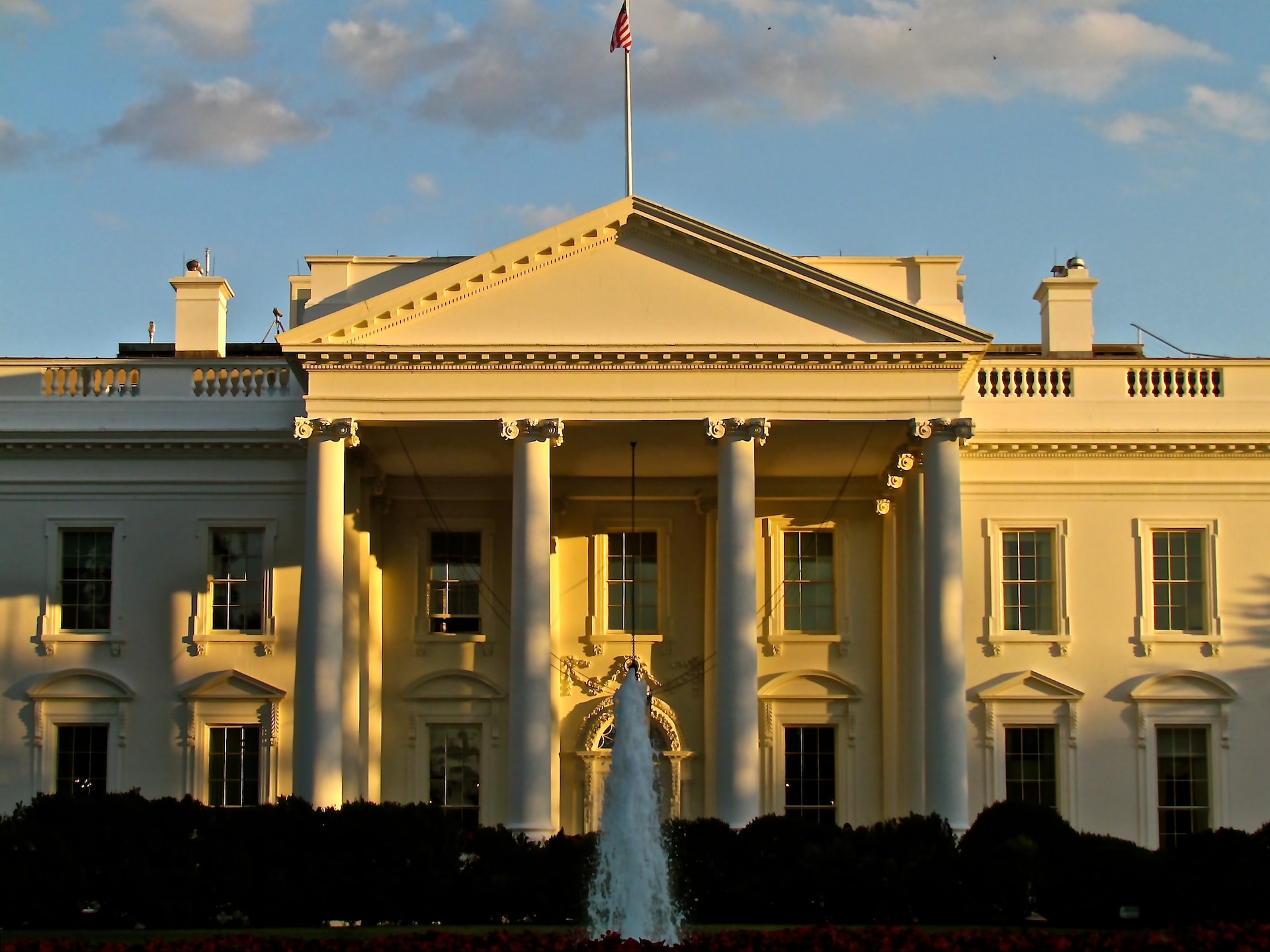Every week we simplify the market into key points so you can stay up to date on market trends, upcoming drops, top project guides and much more!
BY Jex Exmundo
September 08, 2022
It looks like everyone is excited about the upcoming Ethereum merge. Even the White House. With environmental concerns leading the list of arguments against further development of blockchain technology, the coming shift of the de-facto NFT blockchain to a proof-of-stake consensus mechanism for verifying transactions recorded onto it looks to resolve one of its most often discussed issues — along with encouragement toward future growth. It’s generally accepted that blockchains operating under this consensus mechanism pose a “considerably lower” risk as they are scaled up, compared to their proof-of-work counterparts, according to the new White House report.
Currently, NFTs are far from an exception to the potential environmental toll of blockchain technology. As detailed in an article from computational artist Memo Akten, each NFT transaction on Ethereum-powered platforms reportedly consumes a similar amount of energy as a multi-hour flight. That includes minting, which allegedly consumes the same amount of energy as a “1–2 hour flight,” Akten said. Of course, that all stands to change following The Merge.
“Every consensus mechanism has strengths and weaknesses. […] Responsible development of digital assets would encourage consensus mechanisms that minimize energy usage and environmental impacts while maximizing benefits to consumers,” the White House said.
Although things are looking up for Ethereum, Bitcoin must follow suit in adopting a more environmentally-friendly consensus mechanism. As detailed in the White House’s report, the U.S. is currently the world’s leading force in Bitcoin mining — a position that may become environmentally sustainable down the road. At worst, the White House may follow the initiatives of countries like China in officially banning all things crypto — and, in turn, NFTs. However, it should be noted that the CCP’s crypto ban has hardly slowed down crypto-mining operations in the country.
Keep in mind that an outright ban is an absolute worst-case scenario. All things considered, this report can be seen as a gentle reminder from the White House to keep sustainability in mind as blockchain technology continues to go mainstream. As the March Executive Order mentioned, “We must reinforce United States leadership in the global financial system and in technological and economic competitiveness, including through the responsible development of payment innovations and digital assets,” President Biden said. “The United States has an interest in ensuring that it remains at the forefront of responsible development and design of digital assets and the technology that underpins new forms of payments […], particularly in setting standards that promote: democratic values; the rule of law; privacy; the protection of consumers, investors, and businesses; and interoperability with digital platforms, legacy architecture, and international payment systems.”

